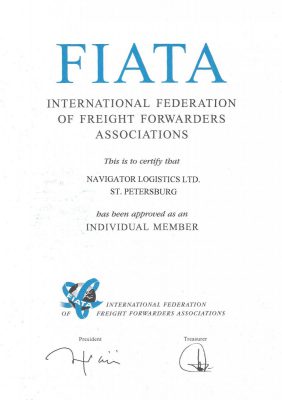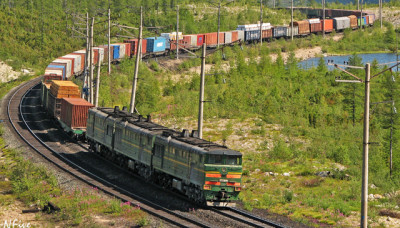Freight turnover in September 2014 increased by 7.4% compared to the same month a year ago and amounted to 193 billion tariff ton-kilometres. Freight turnover taking into account empty wagon runs in September 2014 increased by 6.9% to 246.7 billion ton-kms.
According to the latest figures, loading in January-September 2014 was 913.2 million tons, 1.2% less than during the same period in 2013.
In January-September 2014, the railways shipped the following goods. Figures in brackets indicate the percentage change compared to January-September 2013:
coal – 229.6 m tons (+0.8%);
coke – 8.7 m tons (+1.9%);
petroleum and petroleum products – 190.6 m tons (+2.3%);
iron and manganese ores – 80.8 m tons (-2.3%);
ferrous metals – 53.3 m tons (+1.2%);
ferrous metal scrap – 12.2 m tons (-0.7%);
chemical and mineral fertilisers – 37.2 m tons (+7.1%);
cement – 25.8 m tons (-6%);
timber – 29.3 m tons (+8.5%);
grain and milled products – 11.8 m tons (+38.4%);
construction materials – 109.7 m tons (-17.4%);
non-ferrous ores and sulphur feedstock – 14.7 m tons (-6.3%);
chemicals and soda – 19 m tons (-3.1%);
industrial feedstock and moulded materials – 26.6 m tons (+4.9%).
Freight turnover since the beginning of 2014 amounted to 1,707.7 billion tariff ton-km, an increase of 5.7%. Freight turnover taking into account empty wagon runs was 2,197.9 billion ton-km, up 6.2%.
Source: http://eng.rzd.ru/newse/public/en?STRUCTURE_ID=15&layer_id=4839&refererLayerId=4530&id=106466

